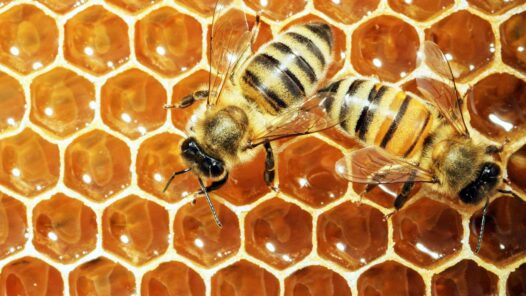Throwing cheese and shaky cheese are two very different things. In baseball, hard cheese refers to a powerful fastball, and probably comes from a similar-sounding word in Farsi, Urdu, and Hindi. Shaky cheese, on the other hand, is the grated...
People who hunt treasure with metal detectors have a lingo all their own. Canslaw means the shreds of aluminum cans left after a lawnmower ran over them. And gold dance? That’s the happy jig you do if you find something far more valuable than...
Andre from Campbellsville, Kentucky, says his mother won’t watch a movie if it’s ary a bit violent. What does the word ary mean? Spelled airy, ara, arey, or ery, this dialectal term a shortening of ever a, and means “any” or...
If you make a beeline for something, you’re taking the shortest route possible. You’re also mimicking bee-havior! After a bee has visited enough flowers to gather nectar, she flies straight back to the hive. And: Even a word like...
Your first name is very personal, but what if you don’t like it? For some people, changing their name works out great but for others it may create more problems than it solves. And: at least three towns in the U.S. were christened with names...







